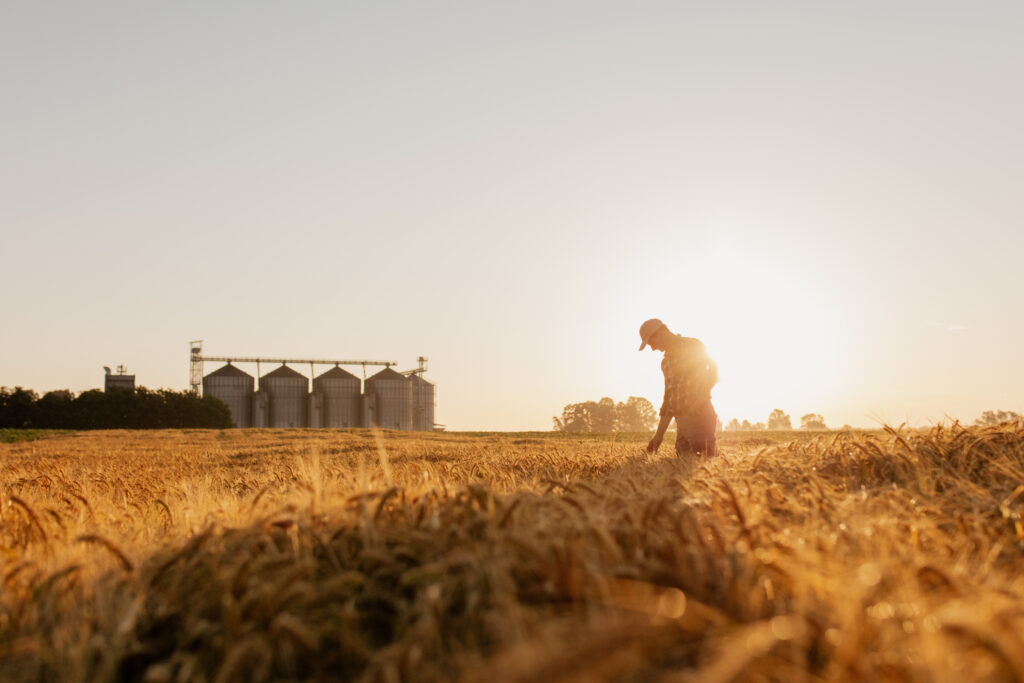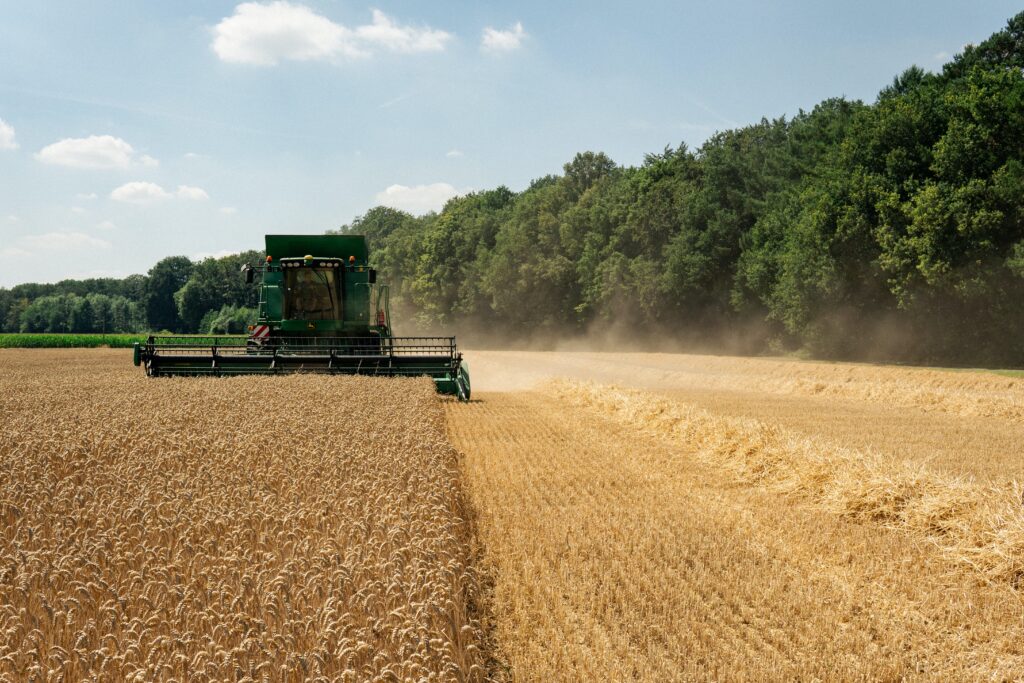
In the interests of the grain producers
Canada Grain Act Discussion Group power-point presentation
Click HereRestoring the Gold Standard (Submission to the Canada Grain Act Review)
Click HereMembership
Click HereCanada Grain Act Review
Importance of the Act
The Canada Grain Act regulates grain handling and grain quality in Canada “in the interests of the grain producers”. Over a hundred years old, the Act and Canadian Grain Commission are vitally important to western grain farmers, performing the following key roles:
- enforcing honest weights and measures
- establishing acceptable grain grades through annual review by the Eastern and Western Grain Standards Committees, with significant farmer representation
- providing the right to challenge inaccurate elevator grain grading by appeal to the Chief Grain Inspector for Canada, whose decision is final
- overseeing licensing/bonding of elevators, insuring farmers are paid when elevators go broke
- preventing excessive dockage charges for removal of weed seeds and other foreign material
- providing training to maintain accurate and consistent grading
- CGC Commissioners enjoy significant statutory powers to enforce their mandate
All of these CGC-mandated powers were granted to end earlier abuses by the grain industry. Sadly, the Canada Grain Act has been seriously eroded in recent years and many farmers are unaware of their rights under the Act.


Double-edged sword
Agriculture and Agri-Foods Canada (AAFC) is currently undertaking a review of the Canada Grain Act (CGA) and the Canadian Grain Commission. The review process began in 2021 and is responsible for a number of improvements, notably to the Subject to Inspector’s Grade and Dockage independent arbitration of disputes provision for which the timelines and other rules have been made more responsive to producer concerns. The Review has continued through 2022 and 2023, most recently with an inquiry into farmers’ concerns at primary elevators called the In-Country Oversight Initiative. While these developments are encouraging, industry organizations like the Western Grain Elevator Association are at the same time pressing hard to further curtail the Act and reduce the powers of the Canadian Grain Commission through budget cuts, deregulation and privatization of services currently provided through the CGC such as outward inspection.
And while AAFC’s review language is inclusive, emphasizing a willingness to work with all industry participants, its goals – achieving an “agile regulatory system that promotes innovation, evolves with the pace of industry change, safeguards grain farmers, enhances Canada’s reputation for grain quality, and strengthens international competitiveness” – are not necessarily mutually compatible, and there is no acknowledgement that industry aims like agility, innovation and competitiveness are often promoted at the expense of safeguards for farmers and quality assurance. Farmer participation in the review process is therefore vital to offset industry influence.
Protecting farmers
In our recent submission to AAFC, Restoring the Gold Standard: Addressing the post-2012 loss of Canadian Grain Commission oversight in primary elevators, we offered a list of five principles we believe should guide the Canada Grain Act Review and In-Country Oversight Initiative:
- the CGC has a statutory responsibility to ensure grain handlers are accountable for the weights, grades and dockage they assign producers at primary elevators
- no system can be effectively regulated if it can’t be audited
- the CGC’s mandate to regulate grain handling and assure grain quality in the producer interest is an “honest cop” role requiring impartial administration and enforcement of the CGA
- it’s in the interests of both farmers and the CGC that the Commission assert its relevance through increased visibility and more regular contact with producers, including at the primary elevator
- any new oversight regime implemented to correct the imbalance resulting from 2012 loss of primary elevator weigh-overs, inward inspection, terminal weighing, the assistant commissioners and weigh-over timed CGC audits must meet the CGA section 13, Objects test to regulate Canada’s grain industry “in the interests of the grain producers”
Though in our view self-evident – indeed, three of these principles are formally enshrined in the Act – all of these points have taken second place at various times in recent years and must be reaffirmed as part of the current review.
There appears to be no fixed timeline for completion, but the CGA Review is expected to put forward its recommendations for changes to the Act in 2023.

Our In-Country Oversight Review recommendations
CGC oversight
1. The best way to rectify the current almost total loss of CGC regulatory oversight of weights, grades and dockage in primary elevators is to re-establish the system that governed them for most of the hundred years between 1912 and 2012:
- regular primary elevator weigh-overs
- CGC inward inspection and weighing
- a renewed assistant commissioner role
- weigh-over timed audits of each elevator’s aggregate weights/grades/dockage.
2. Re-established assistant commissioner positions should be filled outside of the political patronage system that dominated these appointments in the past.
3. Establish regular CGC-mandated inspection and reporting for all instruments used to establish grade and dockage in country elevators.
4. Hands on in the primary elevators! Reduce CGC subcontracting of measuring device inspections to assure high standards, enhanced accountability and increased Commission visibility.
5. Restore mandatory CGC notice boards and postings in primary elevators.
6. Require primary elevator grain tickets to provide an itemized list of all deductions subtracted from payment for farmers’ grain.
7. The CGC should explore creation of a standard grain contract.
CGC outreach and visibility
8. Open more CGC satellite offices across the prairies.
9. Revive CGC farm meetings in the country.
10. Create/employ a CGC electronic/postal contact list for Commission information bulletins.
Producers’ relationship with the primary elevator
11. Develop a CGC polling program to survey farmer opinion on an ongoing basis.
12. The CGC should lead in addressing the current dearth of study of grain policy issues.
13. Audit the pre-2012 primary elevator vs. inward inspection/terminal weighing data to definitively quantify the value to producers of CGC independent oversight of weight/grade/dockage.
14. Consider holding public hearings under section 98 (1) (b) of the CGA on issues of concern to producers.